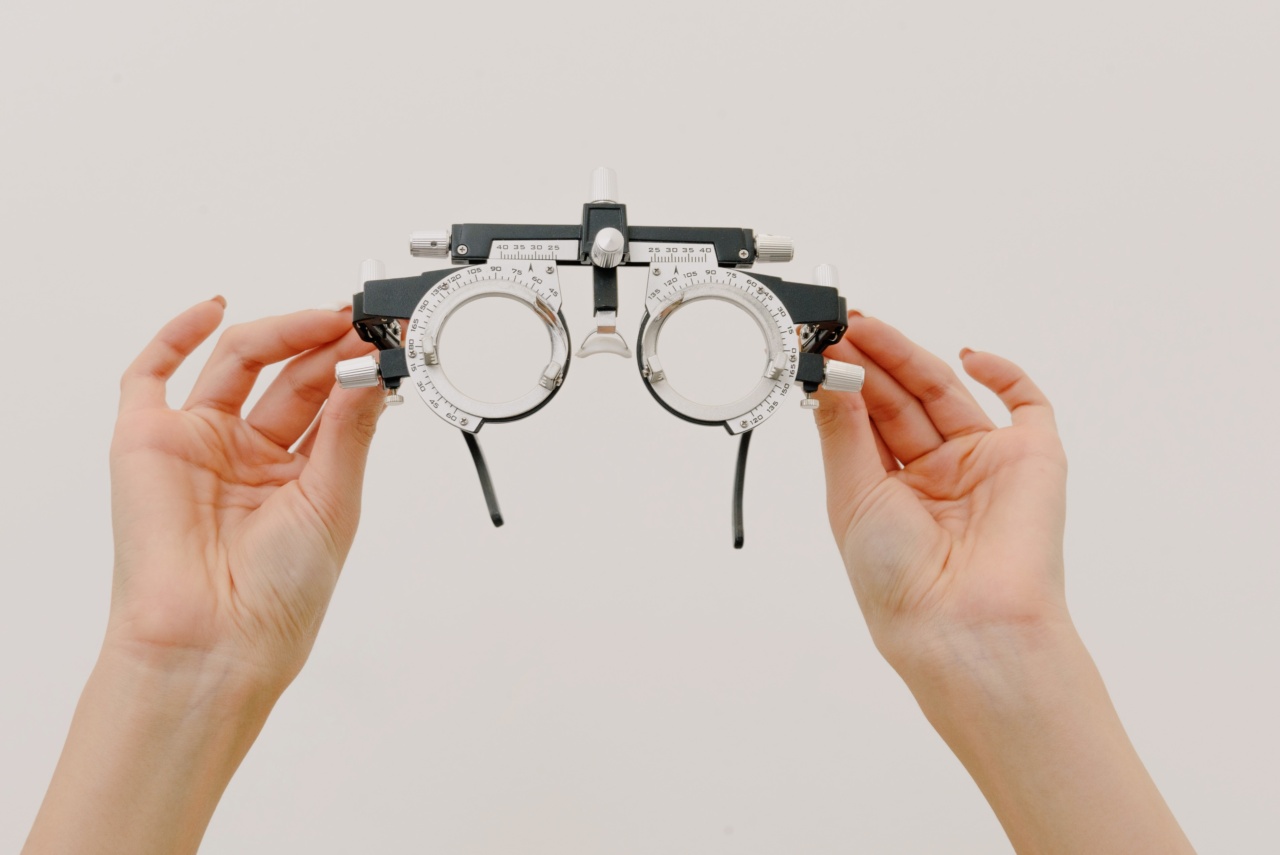Aspiring ophthalmologists can take advantage of over 2,000 complimentary assessments with our ophthalmology class.
This program is designed to prepare students for a career in this medical specialty through a comprehensive curriculum that covers the anatomy, physiology, and pathology of the eye. Students will learn about diagnostic procedures and treatments to manage various eye disorders, such as glaucoma, cataracts, and macular degeneration.
The program also teaches students about the ethical and legal issues surrounding the field of ophthalmology.
Curriculum Overview
The ophthalmology class comprises of the following modules:.
Module 1: Anatomy and Physiology of the Eye
This module provides a detailed overview of the anatomy and physiology of the eye. Students will learn about the structure of the eye and how it functions to facilitate vision.
The module also covers the biochemistry and molecular biology of the eye and the role of the nervous system in visual processing.
Module 2: Pathology of the Eye
The pathology module covers the different types of eye disorders, such as glaucoma, cataracts, and macular degeneration. Students will learn about the causes, symptoms, and treatment options for each of these ailments.
The module also covers common ocular infections and their management.
Module 3: Diagnostic Procedures
The diagnostic procedures module introduces students to the different diagnostic tests and procedures used to diagnose eye disorders. These procedures include tonometry, slit-lamp examination, visual field testing, and optical coherence tomography.
The module also covers the interpretation and analysis of diagnostic test results.
Module 4: Treatment options
This module covers the different treatment options for managing various eye disorders. Students will learn about medications, surgical procedures, and other therapies used to treat conditions like glaucoma, cataracts, and macular degeneration.
Module 5: Ethics and Legal Issues
The final module of the ophthalmology class covers the ethical and legal issues surrounding the practice of ophthalmology.
Students will learn about patient confidentiality, informed consent, and other legal considerations that apply to the field of ophthalmology. The module also covers ethical dilemmas associated with the use of new technologies in ophthalmology.
Complimentary Assessments
One of the unique features of our ophthalmology class is the complimentary assessments offered to students. These assessments are designed to help students evaluate their understanding of the course material and identify areas for further improvement.
The assessments are available in different formats, including multiple-choice questions, essay questions, and practical assessments.
Throughout the course, students are encouraged to take advantage of the complimentary assessments to prepare for the final exam. The final exam is designed to test students’ knowledge and understanding of the course material.
Successful completion of the final exam is an indicator of students’ readiness to work as ophthalmologists.
Certification
Students who successfully complete the ophthalmology class and pass the final exam will receive a certificate of completion. This certificate recognizes their mastery of the knowledge and skills required to practice as ophthalmologists.
The certificate can be used to demonstrate to potential employers or other stakeholders that the student has the necessary qualifications to work in the field of ophthalmology.
Conclusion
The ophthalmology class offered by our academy is a comprehensive program designed to prepare students for a career in this medical specialty.
The course covers the anatomy, physiology, and pathology of the eye, as well as diagnostic procedures and treatment options for various eye disorders. The program also covers the ethical and legal issues surrounding the field of ophthalmology.
With over 2,000 complimentary assessments available, students can evaluate their understanding of the course material and identify areas for further improvement. Successful completion of the course and the final exam leads to a certificate of completion, demonstrating students’ qualifications to work as ophthalmologists.





























